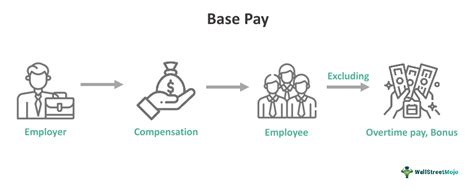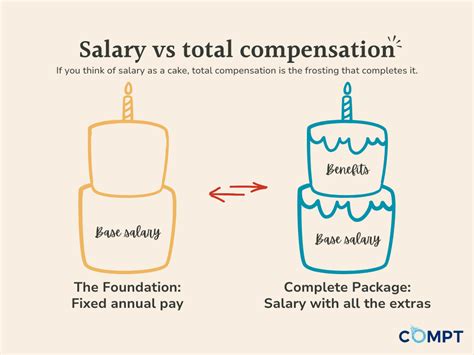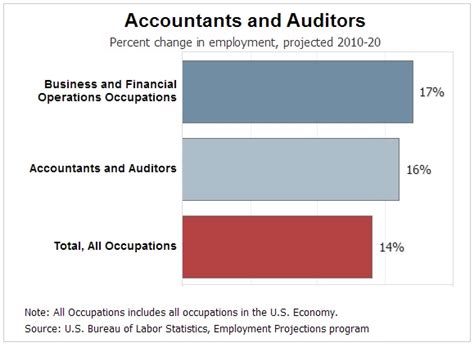Navigating job offers and career progression requires a firm grasp of compensation. At the heart of every pay package is your base salary—the fixed, predictable amount of money you earn before any extras are added or deductions are made. While a high salary is a universal goal, understanding the nuances of how your base pay is determined and how it fits into your total compensation is the key to maximizing your earning potential and achieving long-term financial security.
This article will break down exactly what base salary is, what factors determine your number, and how you can leverage this knowledge to build a more rewarding career.
What is Base Salary?

Simply put, base salary is the guaranteed amount of money an employer pays an employee for their work. It is an annual, fixed rate that does not include any additional payments, such as bonuses, commissions, overtime, or benefits. It's the reliable figure you can count on in every paycheck.
For example, if your job offer states a "salary of $70,000 per year," that $70,000 is your base salary. This is distinct from:
- Gross Pay: Your base salary plus any other earnings (like overtime or bonuses) for a specific pay period, before taxes and other deductions.
- Net Pay (or Take-Home Pay): The final amount of money you receive after all deductions—like federal and state taxes, Social Security, and health insurance premiums—are subtracted from your gross pay.
While bonuses and commissions can significantly increase your earnings, your base salary is the stable foundation upon which your entire financial life is built.
Average Salary vs. Total Compensation

It is crucial to distinguish between base salary and total compensation. Total compensation encompasses your base salary *plus* the monetary value of all other programs and benefits an employer offers.
When evaluating a job offer, looking beyond the base salary to the total compensation package provides a much clearer picture of the offer's true value. Key components of total compensation include:
- Variable Pay: Bonuses (signing, annual, performance-based), commissions, and profit-sharing.
- Equity: Stock options or Restricted Stock Units (RSUs), giving you ownership in the company.
- Benefits: The monetary value of health, dental, and vision insurance; life insurance; and disability coverage.
- Retirement Savings: Company matching contributions to a 401(k) or other retirement plan.
- Paid Time Off (PTO): The value of vacation days, sick leave, and holidays.
According to a 2023 report from the U.S. Bureau of Labor Statistics (BLS), benefits on average accounted for nearly 30% of total employee compensation, making them a significant factor to consider.
Key Factors That Influence Base Salary

A base salary isn't an arbitrary number. It's calculated based on a combination of market data and factors specific to the role and the candidate. Understanding these elements is essential for effective salary negotiation.
### Level of Education
Your educational background often sets the floor for your initial earning potential. Higher levels of education typically correlate with higher base salaries, as they signal advanced knowledge and specialized skills.
According to BLS data on earnings by educational attainment (2022), median weekly earnings show a clear trend:
- High School Diploma: $853
- Bachelor's Degree: $1,432
- Master's Degree: $1,661
- Doctoral Degree: $2,083
While this data represents total earnings, it underscores how advanced degrees can directly lead to higher-paying roles and, consequently, higher base salaries.
### Years of Experience
Experience is one of the most significant drivers of salary growth. As you accumulate years in your field, you develop practical skills, industry knowledge, and a track record of success that makes you more valuable to an employer.
Salary aggregators clearly illustrate this progression. For example, Payscale's data for a Software Engineer shows a typical salary trajectory:
- Entry-Level (Less than 1 year): ~$78,000
- Mid-Career (5-9 years): ~$115,000
- Experienced (10-19 years): ~$135,000
This pattern holds true across nearly every profession. Employers are willing to pay a premium for professionals who can solve complex problems and mentor junior staff without extensive supervision.
### Geographic Location
Where you work matters immensely. Base salaries are adjusted based on the cost of living and the demand for talent in a specific geographic area. A job in a major metropolitan hub like San Francisco or New York City will almost always offer a higher base salary than the exact same role in a smaller city in the Midwest.
For instance, Salary.com data shows that a Marketing Manager in San Jose, CA, can expect a base salary about 38% higher than the national average, while the same role in Jacksonville, FL, is about 2% below the national average. When evaluating offers, always factor in the local cost of housing, taxes, and transportation to understand your true purchasing power.
### Company Type and Industry
The size, type, and financial health of a company play a major role in the salaries it can offer. A large, publicly traded tech company typically has greater financial resources and more structured compensation bands than a small non-profit or an early-stage startup.
Furthermore, some industries consistently pay more than others. According to a 2023 report from Glassdoor, industries like Technology, Finance, and Consulting are often at the top of the pay scale, while retail and hospitality may offer lower base salaries. The BLS also notes that management, scientific, and technical consulting services are among the highest-paying sectors.
### Area of Specialization
Within any given field, certain specializations are in higher demand and command higher salaries. This is driven by market needs and the scarcity of specific skills.
For example, in the field of information technology:
- A general IT Support Specialist may have a median salary of around $59,660 (BLS, May 2022).
- An IT professional specializing in Cybersecurity, such as an Information Security Analyst, has a median salary of $112,000 (BLS, May 2022).
Specializing in high-growth, high-demand areas like Artificial Intelligence, data science, or specialized healthcare fields can significantly elevate your base salary compared to more generalized roles.
Job Outlook: A Note on Salary Growth

While "base salary" itself isn't a job, understanding its drivers is directly linked to career outlook. Professions with a strong job outlook tend to see faster salary growth. The U.S. Bureau of Labor Statistics' Occupational Outlook Handbook is an invaluable resource for this.
For example, the BLS projects that employment for software developers will grow 25% from 2022 to 2032, much faster than the average for all occupations. This high demand puts upward pressure on wages, meaning that base salaries in this field are likely to remain competitive and grow robustly over the next decade. Choosing a career path with a positive outlook is a strategic way to ensure your base salary continues to increase.
Conclusion: Build Your Career on a Strong Foundation

Your base salary is more than just a number on a contract; it is the financial cornerstone of your professional life. It provides stability, serves as the benchmark for future raises and bonuses, and reflects your market value.
To maximize your earning potential, focus on these key takeaways:
1. Look at the Whole Picture: Always evaluate the total compensation package, not just the base salary.
2. Know Your Worth: Research salary data for your role, experience level, and location using resources like the BLS, Salary.com, and Glassdoor.
3. Invest in Yourself: Continuously build your skills, pursue relevant education, and consider specializing in high-demand areas.
4. Negotiate with Confidence: Use your research and understanding of these influencing factors to articulate your value and secure the best possible offer.
By understanding what a base salary truly represents and the forces that shape it, you can take control of your career trajectory and build a secure and prosperous future.
